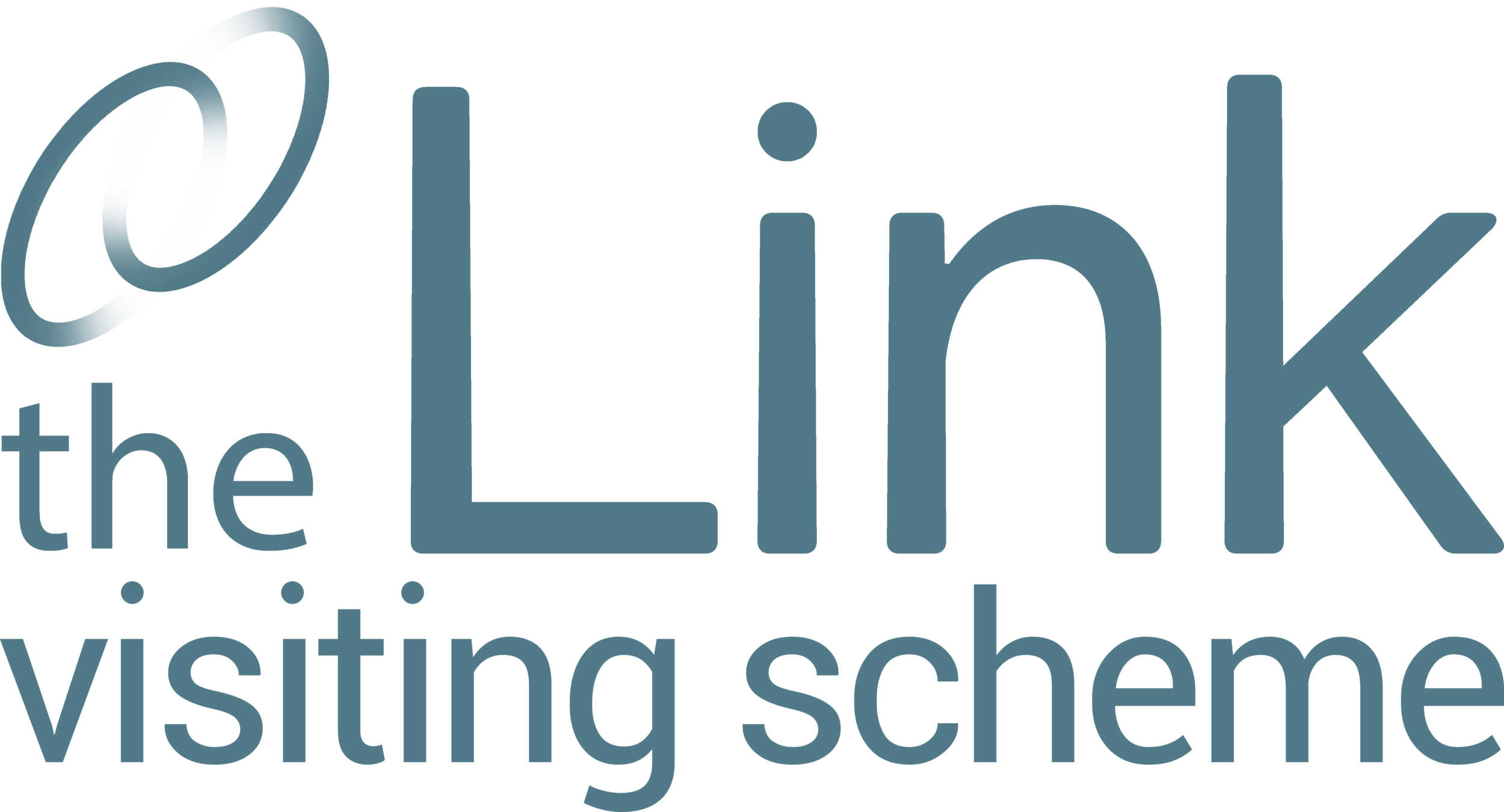Safeguarding
Safeguarding adults at risk
The Link Visiting Scheme is committed to safeguarding people who use our services. It is the duty of all staff and volunteers to understand the need to protect Link Friends by being familiar with signs of abuse and taking prompt action where abuse is suspected. We highly recommend that all volunteers have training in the ‘safeguarding of adults at risk’ as part of the Link Visiting induction programme.
What is abuse?
Adult abuse is when a person is treated in a way that makes them feel frightened or unhappy, harms or exploits them- particularly by someone they know or should be able to trust. Abuse is often a crime. Adults with disabilities, mental and physical health needs and older people may be at risk.
Types of abuse
There are a number of different types of abuse including: physical, sexual, financial, psychological, neglect or self-neglect, discriminatory, organisational abuse, rights abuse, domestic violence and modern slavery. To learn more, visit: www.wokingham.gov.uk/care-andsupport-for-adults/
What to do if you suspect abuse
Tell someone (even if it’s a suspicion). Ideally this should be staff at The Link Visiting Scheme. If you can’t reach us, please refer to the contact numbers in this document.
Explain your concerns and that action needs to be taken
Never feel embarrassed about highlighting abuse
If you know a person who you believe is at risk, then it is important to TELL SOMEONE. Please use the safeguarding incident log to keep a record.
Confidentiality within safeguarding
Please treat all conversations with your Link Friend with the strictest confidence and don’t share their personal details with anyone except the Link staff. We cannot however, give assurances of confidentiality about allegations of abuse. Where a person is unable to act for him or herself we have a duty of care to act on information given to us. It may also be that the abuse goes beyond the individual and we have a wider duty to protect others as well. We will strive to ensure that a person’s dignity is upheld at all times during investigations of abuse allegations.
Who can I contact?
Berkshire Women’s Aid: 0118 950 4003
Police: 101
Community Mental Health Team: 0300 3650300
Link staff: 0118 979 8019
Wokingham Adult Social Care: 0300 365 1234
Emergency Duty Team: 01344 351 999 (out of hours)
What to do if your Link Friend confides in you or makes allegations of abuse
Do:
Reassure them, listen to them and let them use their own words. Respond sensitively and repeat back to them what they have said and ask them to confirm it.
Record what is said, if that is not insensitive while the person is present, or at the earliest moment.
Tell them that you have to tell someone else and explain what you are going to do next.
Preserve any physical evidence.
Maintain confidentiality between yourself, your Link Friend and others involved in the investigation.
Make a careful record of the person’s general condition and any injuries.
Do not:
Give the person the impression they are themselves responsible for the abuse.
Jump to conclusions, appear shocked or disgusted, be judgemental or ask too many questions.
Disturb forensic evidence or promise to keep secrets.
Encourage too lengthy a description – the investigating manager will deal with this.
Talk to other members of the public about what you have heard.
